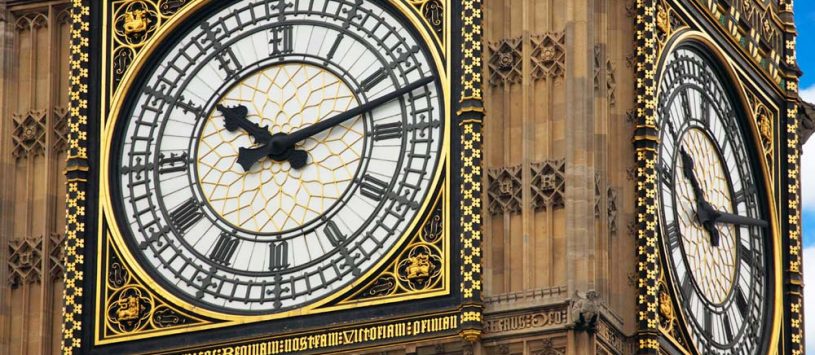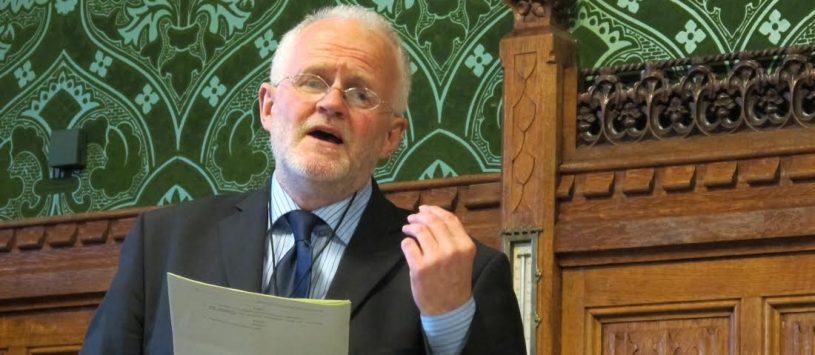Professor Allyson Pollock writes –
On January 14th 2015 I asked the BMA Council to agree that ‘successive government policies have caused widespread disruption to the English NHS which we would seek to redress’ and examine the provisions of the proposed NHS Reinstatement Bill and also the National Health Service (Amended Duties and Powers) Bill sponsored by Clive Efford MP, to determine which provisions were in line with BMA policy and that might put into practice policies defined by the representative body. The BMA Council has now set up a task and finish group to do this.
Here is the text of my opening speech at Council:
“I present this motion as a critical step in determining BMA Council’s constitutional role in implementing the BMA Representative Board’s strong policies in support of repealing the Health and Social Care Act 2012, abolishing the internal market, and Foundation Trusts and PFI. The status quo is not an option.
The question for the BMA is – when a new government comes to power what will take the place of the Health and Social Care Act 2012?
The BMA must be ready and prepared to state its vision of health care delivery to its members, to patients and to people and to lobby parliamentarians after the election. However, political pledges will not restore our NHS, only legislation will do this. This is why we need the next parliament to introduce an NHS Reinstatement Bill.
The Health and Social Care Act 2012 abolished the duty to provide core NHS services throughout England, a duty which has been in place for 64 years. It put in place a new system for market contracting, for reducing the current level of NHS services and mechanisms for providers to restrict eligiblity and entitlement to NHS care and to pick and choose the patients they will treat. For the first time in the history of the NHS there is now a legal requirement for providers to set out in their licenses who is and who isn’t eligible for NHS funded services and treatment (Section 103 Health and Social Care Act 2012). Foundation Trusts are also expected to reduce the services they provide. This Act takes the logic of the internal market to its final conclusion, it abolishes the NHS as a public system of health care paving the way for user charges and for other regressive forms of funding. In its place will be privatized health care operated and provided by large corporations.
The Representative Body of the BMA has deplored the market ideology that takes the place of the public-service ideal as wasteful, inefficient and fragmenting care and services.
Council now has the task of translating its policies into a BMA vision for health care.
BMA has strong policy calling for abolition of the internal market and the purchaser-provider split and the repeal of the Health and Social Care Act 2012. It has policy against foundation trusts and policy which is highly critical of commissioning as creating unnecessary costs, fragmenting services and undermining care.
This proposed NHS Reinstatement Bill will reinstate the government’s duty to provide the NHS throughout England and abolish the wasteful internal market and marketised bodies. It will end virtually all commissioning and the market bureaucracy that is required to support it along with FTs and PFI. It will reinstate area based bodies as in Scotland and Wales and restore planning for integrated services on the basis of need and fairer resource allocation flows to primary care and all services.
The opposition to these necessary changes will come from those who will describe our Bill as more top down re-organisation. This is a paralysing term. It is basically an endorsement for the status quo, market prescriptions and denial of care. We have no choice but to put back the duty to provide core services throughout England and the structures that allow this to happen, if we are to restore the NHS and give back to people throughout England what they have lost – and what Scotland and Wales still have – a national health service. Restructuring will save money by eliminating the costs of the internal market, the costs of tendering, commissioning, shareholder returns and consultancy and legal fees. It will minimise waste.
In a brief review of BMA policy it appears that many of the provisions in the Bill are entirely consistent with BMA policy. But others might argue that there may be areas where they are not. In particular some BMA policies call for improvements in the current system and may appear to clash with policies which are critical of the whole system. For this reason today is not the day to ask Council to support the Bill but rather to support the provisions in the proposed Bill that do not contravene BMA policies and would further BMA policies. This complements other work that is ongoing and will provide a legislative framework for doing so. Our objects of association require us to promote the medical and allied sciences, to maintain the honour and interests of the medical profession and promote the achievement of high quality health care.
Summing up
This is a crucial moment for the BMA. I present this motion as a critical step in determining BMA Council’s constitutional role in implementing Representative Body’s strong policy in support of repealing the Health and Social Care Act 2012, abolishing the internal market, and Foundation Trusts and PFI. The provisions in this proposed Bill have the function of giving legislative weight to BMA policy. The BMA record was tarnished in 1948 with the view that it resisted the NHS. In 1989 it conducted an important and bruising campaign against the internal market in defence of the BMA. And time proved the BMA right, the internal market was the vehicle for the market and the abolition of the NHS in 2012.
The BMA has an opportunity to re-state clearly that it wants to restore the duty to provide and ensure that the policies developed by the Representative Board in support of the NHS are put into action. Today is about agreeing a process for supporting those legislative provisions which will further BMA policy and give hope to BMA members and patients throughout England. It will maintain the honour and interests of the medical profession and promote the achievement of high quality health care. I have no doubt the BMA will do what is needed and support the Motion.










